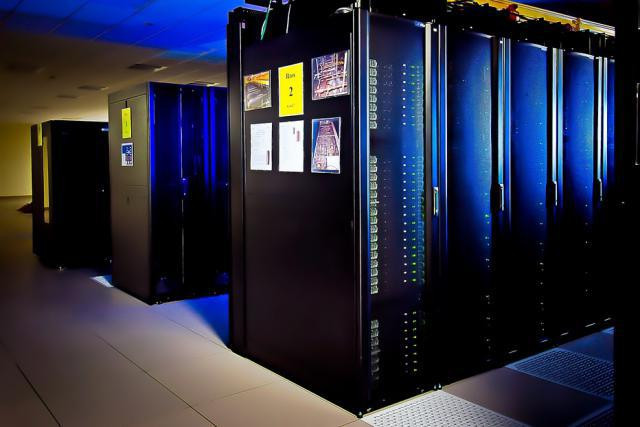The computer is expected to be able to carry out 1,015 calculation operations per second by 2020, and axascale performance of 1,018 calculation operations per second by 2023, according to a statement published by the Luxembourg government on Monday.
It provides a strategic resource for Europe, by enabling researchers to study and understand complex phenomena, policy makers to make better decisions and industry leaders to innovate in products and services.
The project was a Luxembourg initiative which is being jointly implemented along with Italy, Spain, France, Germany, Portugal and the Netherlands, Belgium, Slovenia, Bulgaria, Switzerland, Greece and Croatia.
Ahead of the HPC’s completion, Luxembourg will be equipped by 2019 with its own supercomputer which will be connected to the future EuroHPC network, the installation of which will benefit from European co-financing up to 35%.
“In line with the resources deployed at national level under the Digital Lëtzebuerg initiative, Luxembourg is ready to once again play a pioneering, constructive and participatory role in the implementation of the Digital Agenda for Europe,” Luxembourg prime minister Xavier Bettel said in a statement.
